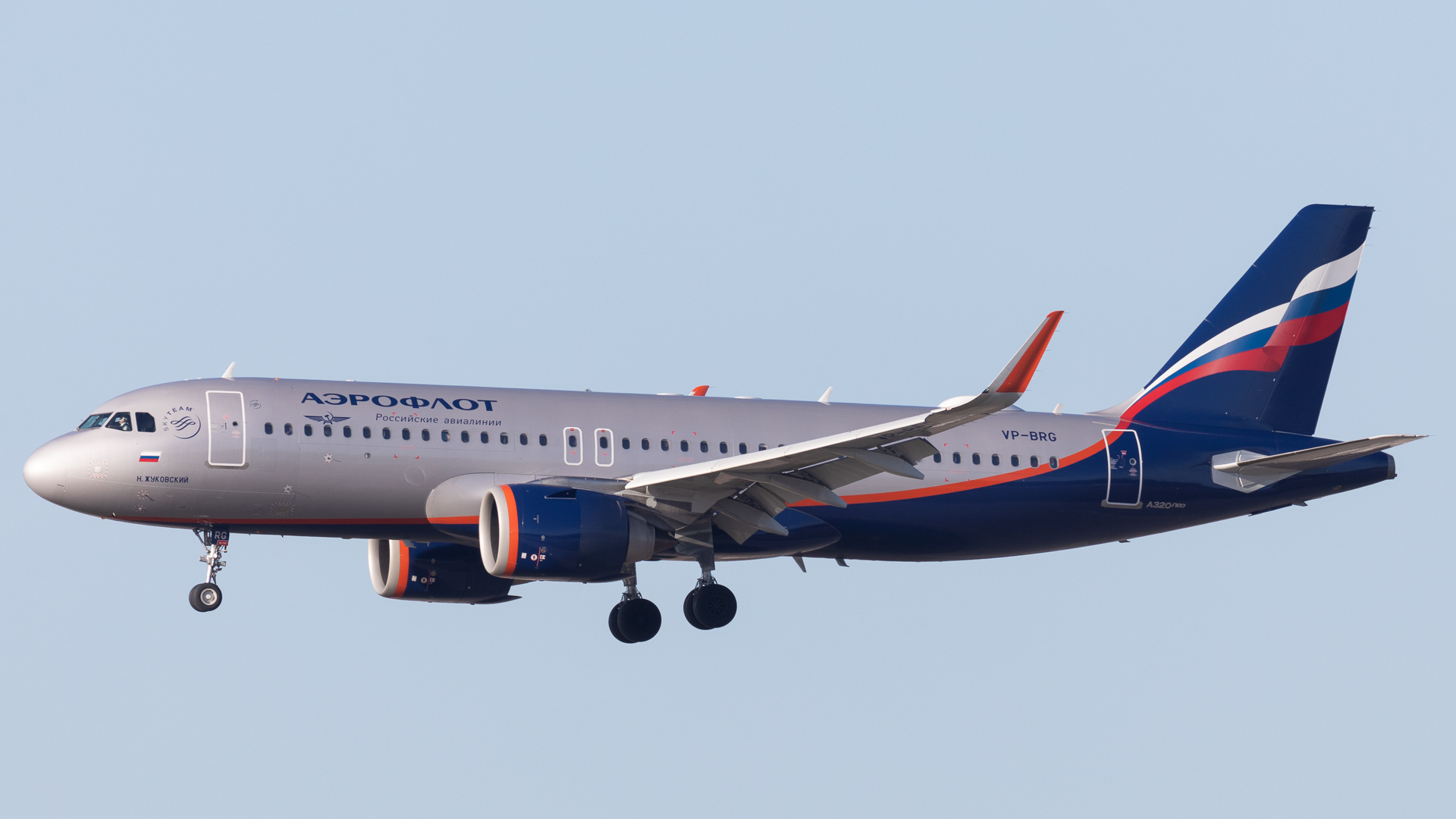

Russia’s invasion of Ukraine trigged sanctions upon sanctions from dozens of Western countries, and led to a scarce supply of many critically needed goods. One of the most troublesome of these has been Airbus and Boeing’s announcement they will not be selling replacement parts for Russian commercial airliners, and now Russia intends to build bootleg parts for its Western-sourced (and largely stolen) fleet, which has the potential to make up to $10 billion worth of planes completely worthless.
To understand how the planes will be worthless thanks to a few unapproved parts, it’s worth clarifying that a commercial aircraft is not like a personal car. You cannot run into AutoZone and purchase random components off of a shelf as needed. Traceability—records to show not just when parts were replaced, but also where those parts came from—is critical to ensure that the parts used are genuine and actually safe to fly. Generally, this means purchasing parts through either a certified, trustworthy company whose parts have passed quality checks or from the airplane manufacturer itself. Failure to follow this process generally makes an airplane worthless, as without clear documentation of the plane’s history, most companies will not fly it.
In Russia’s case, it cannot source original, traceable parts for hundreds and hundreds of Airbus and Boeing commercial airliners because sanctions and business-level bans have cut off most of its supply of new parts for Western airplanes. Further complicating things is that Russia doesn’t actually own most of the jets it’s about to make completely worthless; rather, roughly half of the country’s 700-plus Western-built commercial airliners were originally leased, but never returned when leasing companies requested them back (in other words: stolen). Even if these leasing companies could somehow repossess their airplanes to recoup some of their losses, now they will likely never be certified to fly commercially again, meaning those firms will assuredly need to write off hundreds of airliners. As a result, the stolen jets are likely to remain in Russia eternally regardless of future sanctions, as Russia is probably the only country they’ll be allowed to fly in (even countries otherwise neutral towards the invasion of Ukraine, such as China, won’t let stolen planes use their airspace).
Russia’s internal ministry of aviation previously projected dire scenarios where operable aircraft would need to be cannibalized for parts, drastically cutting the supply of commercial jets; the move to build knock-off components is ostensibly to help keep more of the country’s fleet airborne. Unfortunately, the efficacy and availability of the parts may be questionable, as Russia’s own in-country-produced commercial airliner, the Sukhoi Superjet100, has suffered through supply chain woes delaying its release, as well as sometimes-fatal safety issues. While the knock-off parts will likely ease pressure on Russian air travel companies in the short term, it has the potential to cause massive issues in the not-too-distant future.
Got a tip? Send it in to tips@thedrive.com